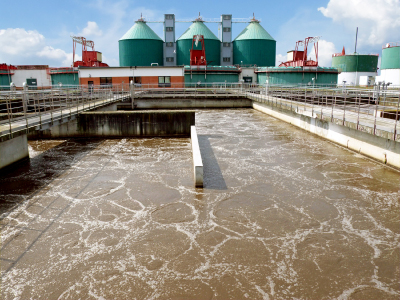Sulfur compounds can cause acid rain and corrode metal and concrete. Bacteria that can break down these compounds are known as sulfur-reducing bacteria (SRB). So far only one strain of some 25 Desulfotomaculum SRB species identified has been sequenced, so very little is known about these sulfur-reducing bacteria. Researchers know, for example, that the bacteria are key players in the carbon cycle and help convert carbon compounds into cell matter. They know the bacteria can be found in environments with little to no oxygen such as water heaters or improperly canned goods. As a result of the latter, they also know that the SRB have the ability to convert nutrients into biochemical energy they can use without needing oxygen.

Photo: istockphoto
By sequencing a second species of Desulfotomaculum, researchers hope to learn more about the bacteria such as how they use carbon for energy, and how, among other things, the spores can survive standard sterilization methods. They know that the bacteria can break down sulfur compounds, giving off a rotten egg odor in the process, and want to learn more about how Desulfotomaculum can help remove heavy metals and sulfides from contaminated groundwater and wastewater.
Principal Investigators: Alfons Stams (Wageningen University)
Program: CSP 2009